Machismo can be defined as “an exaggerated sense of masculine pride and power,” where men feel compelled to assert their dominance, especially over women. Like domestic violence, machismo impacts everyone in one way or another.
This mindset is often passed down culturally through generations, whether they are aware of it or not. From a young age, boys are taught that showing any form of emotion, whether it be love, sadness, or vulnerability, is a form of weakness. They’re told not to cry, to be strong, and to prepare to “be the man of the house.” This conditioning teaches them that their value lies in dominance and emotional suppression. When boys witness men belittling or controlling women, whether through words or actions, they internalize this as normal behavior. In some cases, they’re even praised for mimicking that aggression, reinforcing the idea that being “macho” earns approval and respect from other men.
In many Latino communities, the value placed on family is deep-rooted. Because of this, separating from a partner, even in an abusive situation, can feel like betrayal or failure. Family members often romanticize stories of men who relentlessly pursued women until they “made them theirs.”. But these narratives often disguise control as love. In such dynamics, a woman is seen not as a partner, but as property—expected to provide children, care for the home, and remain loyal, regardless of the pain her partner may inflict. Culturally, the man is seen as the provider, and the woman as the caretaker, reinforcing a harmful power imbalance and enforced, non-consensual gender stereotypes.
Machismo and domestic violence are deeply intertwined. Women are often conditioned to tolerate emotional, physical, or financial abuse as part of their role. Many don’t report abuse because they don’t recognize it as such—especially when it doesn’t involve physical violence. Control in any form: emotional manipulation, financial dependence, spiritual coercion, is still abuse. Yet, because it is so common, many survivors minimize the behavior or don’t realize it is a violation.
Intimate partner violence is not always visible. It doesn’t always leave bruises, but its impact can be just as devastating. Any behavior intended to control or dominate a partner, no matter how subtle, is a form of abuse. A healthy relationship is built on mutual respect, communication, and equality; not fear, silence, or submission.
As we celebrate Hispanic Heritage Month, it’s crucial to honor our culture while also challenging the traditions that no longer serve us. It’s time to let go of harmful norms and redefine masculinity in a way that allows men to be vulnerable and compassionate. We must strive for a future where all relationships, regardless of gender, are founded on respect, emotional safety, and mutual support.
Author: Gabriela Gonzalez-Puentes


